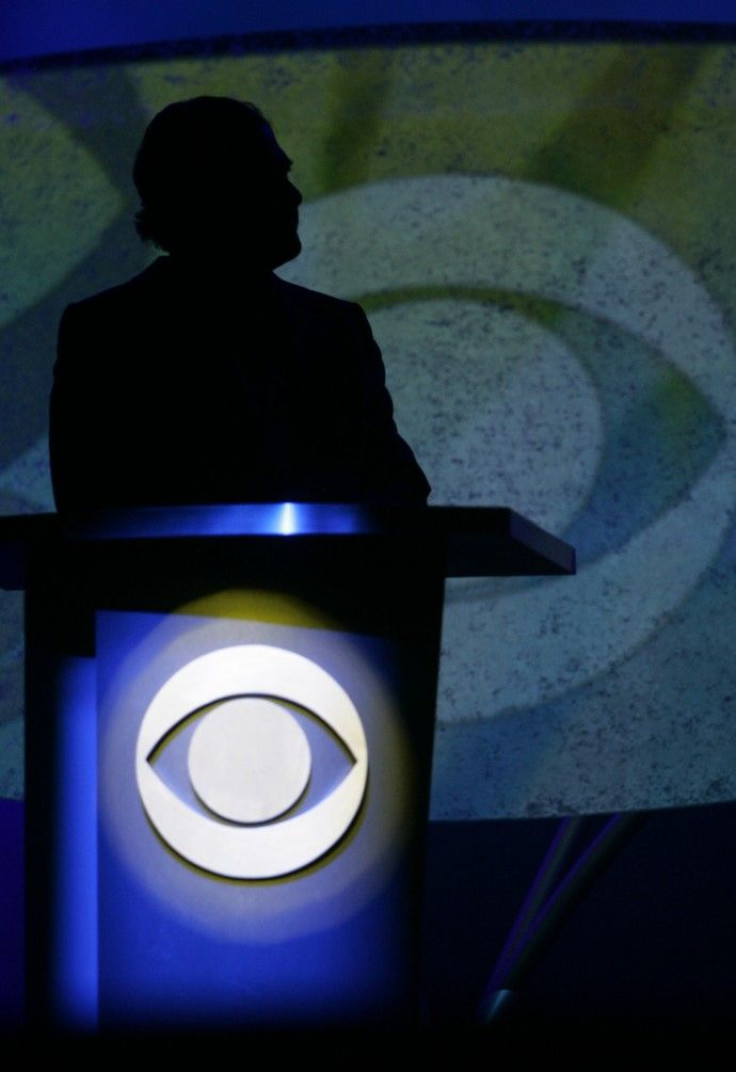Big Four Networks Could Go Dark In Time Warner, Sinclair Flap

Time Warner Cable customers in several states could lose local stations that carry the big four networks at midnight on Dec. 31 if an agreement isn't reached with Sinclair Broadcast Group.
Sinclair Broadcasting carries the signal for local affiliates of networks and provides them to Time Warner Cable. The company asked Time Warner for a higher fee, amounting to about 10 cents per subscriber, according to Sinclair. Sinclair would not say what the current per-subscriber fee is. Sinclair's General Counsel Barry Faber said that typically, stations get from 90 cents to $4.
Farber said that Sinclair was not asking for more than other broadcasters, and if anything, was willing to take a smaller fee than that demanded by networks such as ESPN, which draws fewer viewers than CBS, one of the networks Sinclair carries.
Time Warner refused to pay the increase, though it said in a statement that it was willing to negotiate. But both companies have said that talks have broken down.
Sinclair carries 20 Fox, 17 of MyTV, nine ABC and CW, two CBS and one NBC station. The company says it reaches about 22 percent of U.S. households. Most of those are in smaller markets, such as Cincinnati, Ohio, or Syracuse, N.Y., because in larger markets such as New York City the local affiliates are owned by media conglomerates or even the parent networks.
Time Warner customers will still get some Fox programming, because the cable company has a separate agreement with Fox to provide national broadcasts. So the popular TV series such as The Simpsons would still be on. But the local newscast would not.
The dispute is similar to one between Fox and Cablevision earlier this year that blacked out two games of the World Series in the New York metropolitan area. At the time, Cablevision issued a statement saying that it agreed to an unfair price for multiple channels of programming.
Meanwhile, the Fox deal puts Sinclair in a tougher position because for at least some programming, Time Warner has an alternative to paying Sinclair.
The disputes between broadcast companies and cable providers are also complicated by the fact that more viewers - though still a small number - are getting video content from the Internet. Combined with reduced ad sales due to the recession, the fees from cable companies become more important sources of revenue.
A Time Warner spokesperson did not return calls for comment.
© Copyright IBTimes 2024. All rights reserved.











